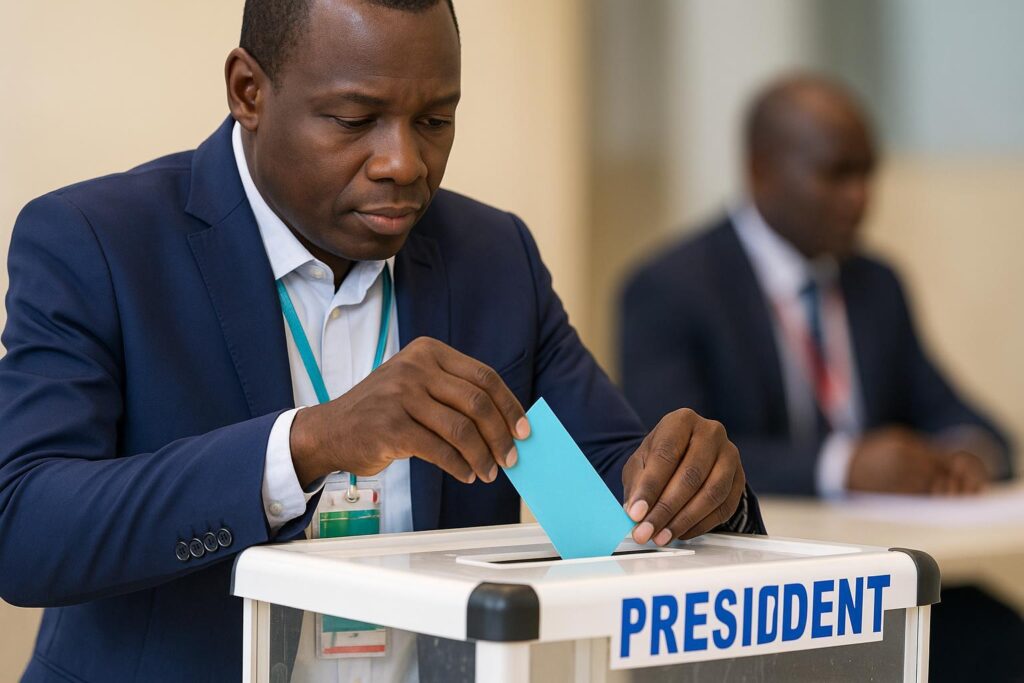Juba Congress Sets the Stage
In a tightly-run extraordinary congress in Juba, 38 delegates representing 16 local associations and three statutory committees gathered to vote for a new South Sudan Football Federation leadership covering the 2025-2029 cycle.
Observers from CAF and FIFA described the atmosphere as orderly, with ballot boxes kept in full view and counting streamed on internal screens, a first for the young federation.
Election Outcome and Key Positions
Former SSFF chief Francis Amin Michael returned to the presidency after securing a clear majority. Makur Majok Koryom became first vice-president and Deng Abdelrhaman Guer second vice-president, reflecting an effort to balance regional interests (Eye Radio, 2025).
Thirteen additional members, including lawyer Abdalla A. Delesuk and administrator Adau Leek Mawut, completed the board in line with FIFA’s gender and governance quotas.
Profiles of the New Executive
Amin, a former banker and national team patron, is credited with negotiating South Sudan’s maiden AFCON qualifying win in 2019. Allies say his mix of corporate contacts and locker-room rapport could unlock sponsorships.
Vice-president Koryom, once a refugee league coach in Kakuma, brings grassroots credibility, while Guer’s legal background is expected to strengthen contract compliance and player welfare policies.
Regional and International Endorsement
CAF envoy Nadim Magdy hailed the ‘one of the best election processes I ever witnessed’, praising a twelve-hour count that ended without protest (Eye Radio, 2025).
FIFA development officer Davis Ndayisenga underlined upcoming projects, hinting at stadium upgrades and youth academies co-financed through the Forward programme (Eye Radio, 2025).
Outgoing president Augustino Madut conceded gracefully, vowing to support the new team through his seat at CECAFA and urging fans to ‘remain brothers in sport’ (Eye Radio, 2025).
Priorities for South Sudanese Football
The new board inherits a national league disrupted by floods, limited infrastructure, and rising talent flight to neighbouring leagues. Immediate plans include synchronising calendars, launching a women’s premier division, and securing a permanent home ground.
Analysts believe success will depend on mobilising private telecom and banking sponsors while leveraging peace dividends to expand youth tournaments in Bor, Wau and Malakal.
A Turning Point for the Beautiful Game
If promises translate into pitches, South Sudan could shift from perennial underdog to competitive East African contender by 2029, mirroring recent progress in basketball.
For fans in Juba’s Buluk playgrounds, the election is less about politics than the simple hope of seeing their Bright Stars score under floodlights at home.


